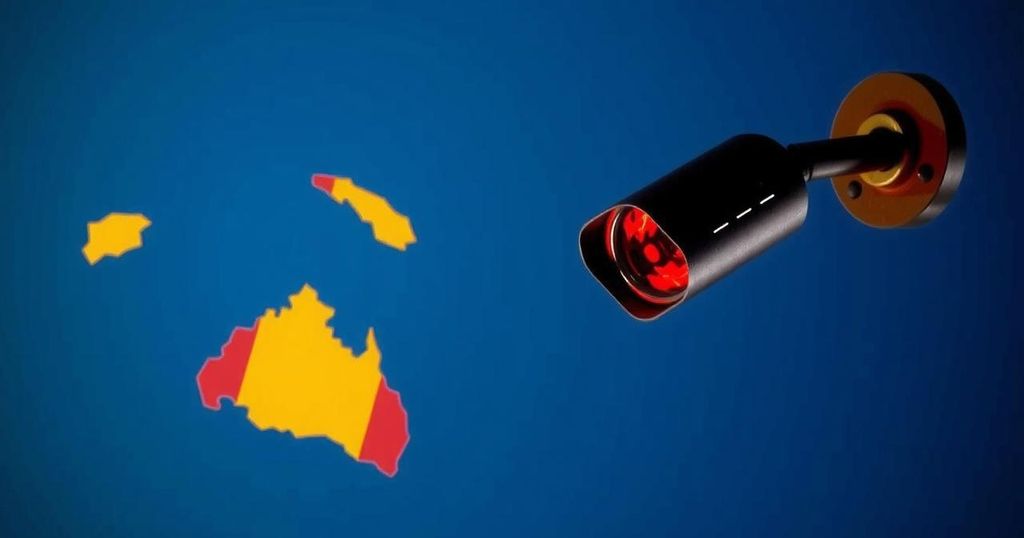Mauritius Prepares for Elections Amidst Wire-Tapping Scandal

Mauritius is preparing for its legislative elections amidst a troubling wire-tapping scandal that highlights potential democratic erosion. Prime Minister Pravind Jugnauth faces criticism over governance issues and corruption allegations, as the nation addresses concerns about representation and political stability. The recent deal regarding the Chagos Islands provides context for these elections, potentially influencing voter perceptions and outcomes.
Mauritius is set to conduct its legislative elections this Sunday amidst a significant wire-tapping scandal that jeopardizes the integrity of its democracy. The political landscape was jolted when confidential phone conversations involving various public figures were leaked online, raising concerns over the erosion of democratic rights in a nation once heralded as a success in Africa. Prime Minister Pravind Jugnauth, facing potential decline in support, ordered a temporary ban on social media which was swiftly reversed due to public and media backlash. The recent history of Mauritius reflects a mix of political stability and growing dissatisfaction among the populace. While the country has made strides in economic development and governance, criticism mounts regarding increasing corruption and the apparent weakening of institutions designed to maintain checks and balances. Nearly one million voters are anticipated to participate in what marks the twelfth legislative election since the nation gained independence from Britain in 1968.
The political climate in Mauritius must be understood against the backdrop of its historical progression since independence. After achieving self-governance, the nation cultivated a robust economy founded on tourism, manufacturing, and financial sectors. However, increasing corruption allegations and issues concerning representation—particularly for the Creole population—have emerged, eclipsing the country’s once-bright democratic reputation. The recent agreement with Britain regarding the Chagos Islands brought some level of political triumph for Jugnauth’s administration, but these gains have been overshadowed by scandals that threaten to undermine governance and public trust.
As Mauritius approaches its upcoming elections, the electorate grapples with significant challenges that dictate their choices. The implications of the wire-tapping scandal, coupled with longstanding issues of governance and representation, signal a potential shift in the political dynamics. Should the current administration fail to address these concerns, the result may herald a changing tide in the nation’s political landscape, potentially inhibiting the progress that has historically characterized Mauritius as a stable democracy in Africa.
Original Source: www.seychellesnewsagency.com








